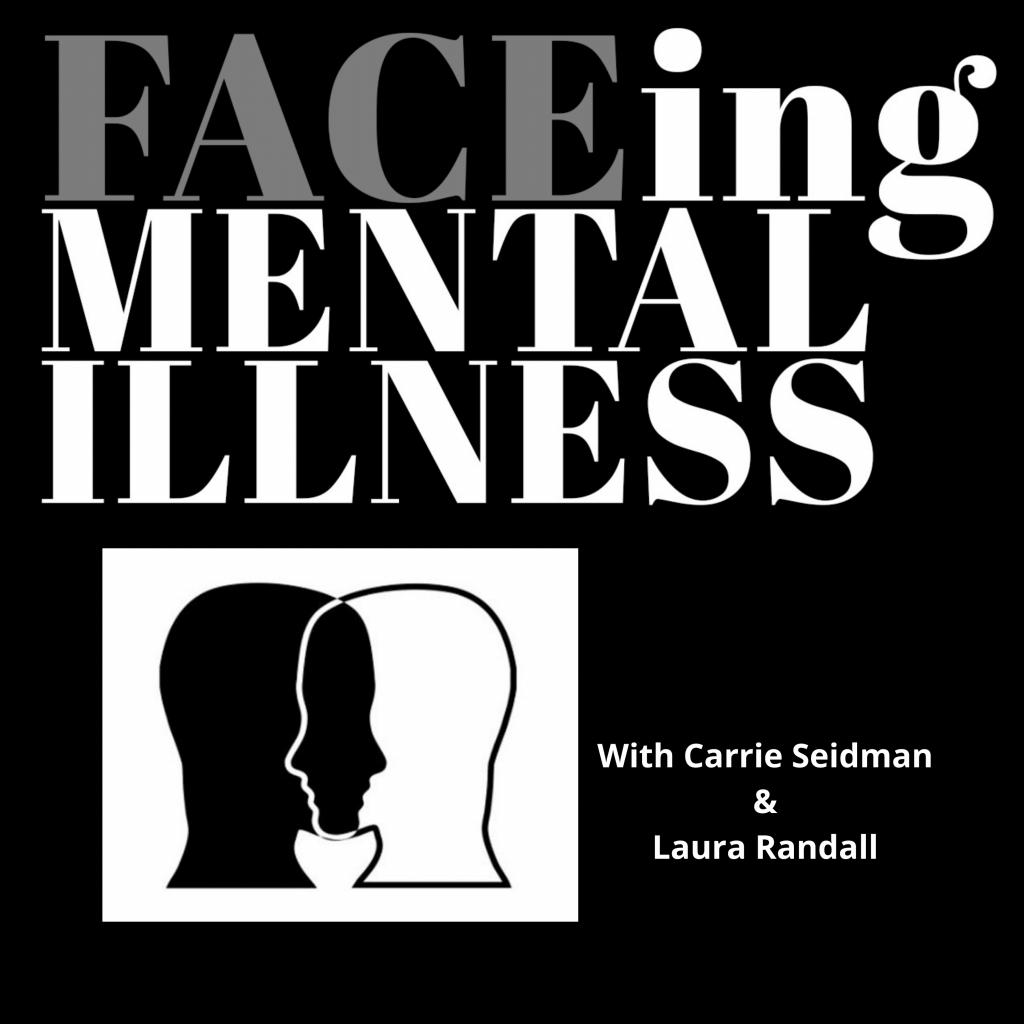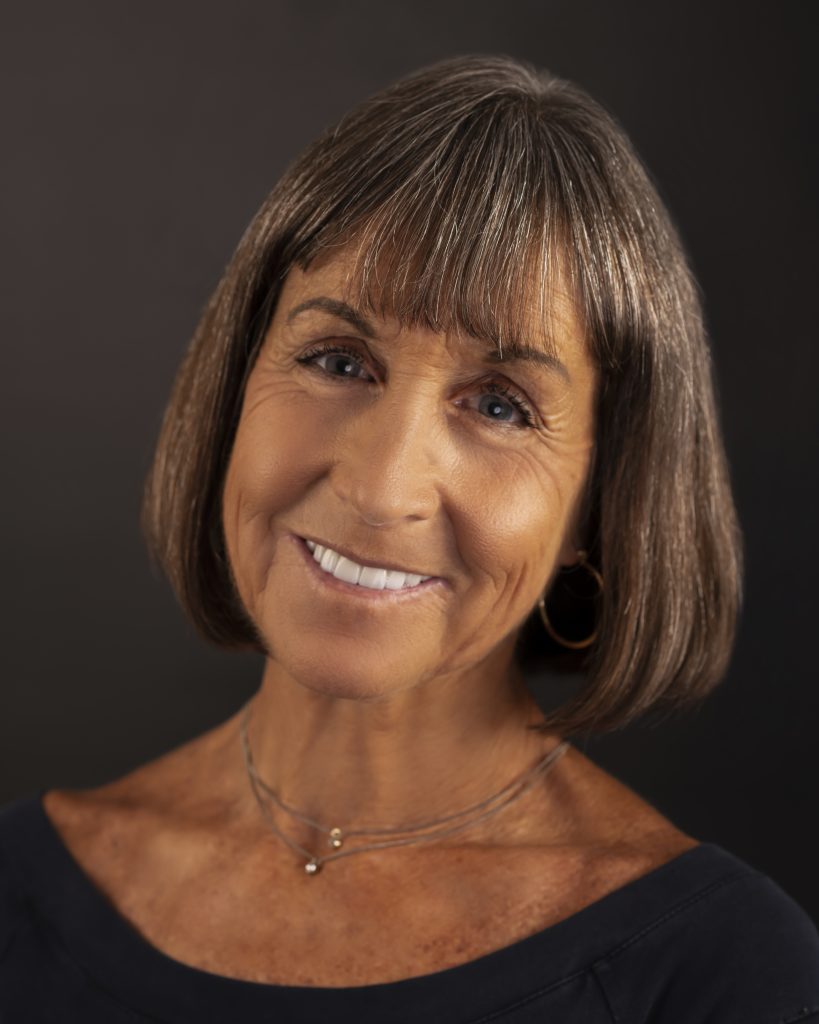FACEing Mental Illness, a podcast and article series by award-winning journalist Carrie Seidman, is my favorite way to learn about interesting people who have lived experience with mental illness. Did you know that 50% of Americans will experience a mental illness during their lifetime? With some five to fifteen people family members impacted by every person’s struggles with mental health, that means every single one of us is affected. That’s the reason we need to share. By lifting the stigma we can advocate for solutions that include everyone who’s hurting. The movement to talk about mental illness has blossomed into a variety of mental health podcasts and online storytelling to show that you are not alone in your struggles, no matter who or where you are. Check Out. NAMI.
FACEing Mental Illness Podcast Is Unique
What makes Carrie Seidman’s FACEing Mental Illness podcast different from others is her journalist approach to each podcast. As one of her recent subjects, I have lived experience with Carrie’s expert attention to detail. Carrie doesn’t just provide an audio interview; she also does her research and writes an article about her subject. This is a magic mixed-media approach to storytelling that everyone can enjoy. Carrie has been telling great stories in her articles for 40 years, but by adding the podcast, you now can hear a real person’s voice. Check out my voice and story. Carrie Seidman interviewing Leslie Glass podcast.
This combination of audio for people who like to listen while they work, drive, cook and relax and magazine style article for people who like to read, really completes a compelling human story in a way that an article or audio alone can’t do. Check out the article. Carrie Seidman’s Leslie Glass article.
Leslie Interviews Carrie
The podcast is an outgrowth of the blog/newsletter I began on Substack after leaving the Sarasota Herald-Tribune in December 2020. As a career (print) newspaper journalist, I had never created or produced audio (or video) broadcasts before, but there was increased demand for podcasts during the pandemic and I felt it might help grow the audience for FACEing Mental Illness. I joined forces with Laura Randall whose background is in development for nonprofits.) Together, we learned how to record, edit and produce a podcast. I am responsible for finding the guests, conducting the interviews, writing stories based on the interviews and recording intro and wrap sections of the podcast. Laura is responsible for the podcast editing. All podcasts and stories are available for free at faceingmi.substack.com, where people can also subscribe to get them sent directly to their email inboxes.
Carrie Seidman
LG: What is your vision for the podcast
CS: After 45 years in the newspaper business, I know one thing for sure: Personal stories deliver the greatest impact toward influencing and changing people’s minds and attitudes. The idea behind FACEing Mental Illness is to show that mental health challenges are common, immensely varied and nothing to be ashamed of or blamed for. By sharing these stories, without any worry about discrimination or judgement, we hope to normalize talking about mental illness and break down barriers to asking for and receiving help. Ideally, we’d like the podcast to include storytellers from across the country and even around the world, literally showing that mental health challenges are endemic to the entire human race and part of everyone’s life journey.
LG: What is the purpose of the podcast
CS: The purpose of the podcast is three-fold: to normalize mental health challenges and eliminate misconceptions about the discrimination against those who experience them; to empower individuals with lived mental health experience as educators and advocates; and to accumulate a universal anecdotal data base of best practices to help individuals in recovery and change our culture and conversation around mental health.
5. What is its role in mental health advocacy
We believe removing the real and perceived barriers to talking about mental illness and addiction by sharing stories from people with lived experience who are unashamed, unafraid and living full and fulfilling lives is the best way to promote awareness, understanding, healing and equity.

If you love ROR content:
Check out 100
Tips For Growing Up
Follow us on Instagram
Like us on Facebook
Comment on our posts






















